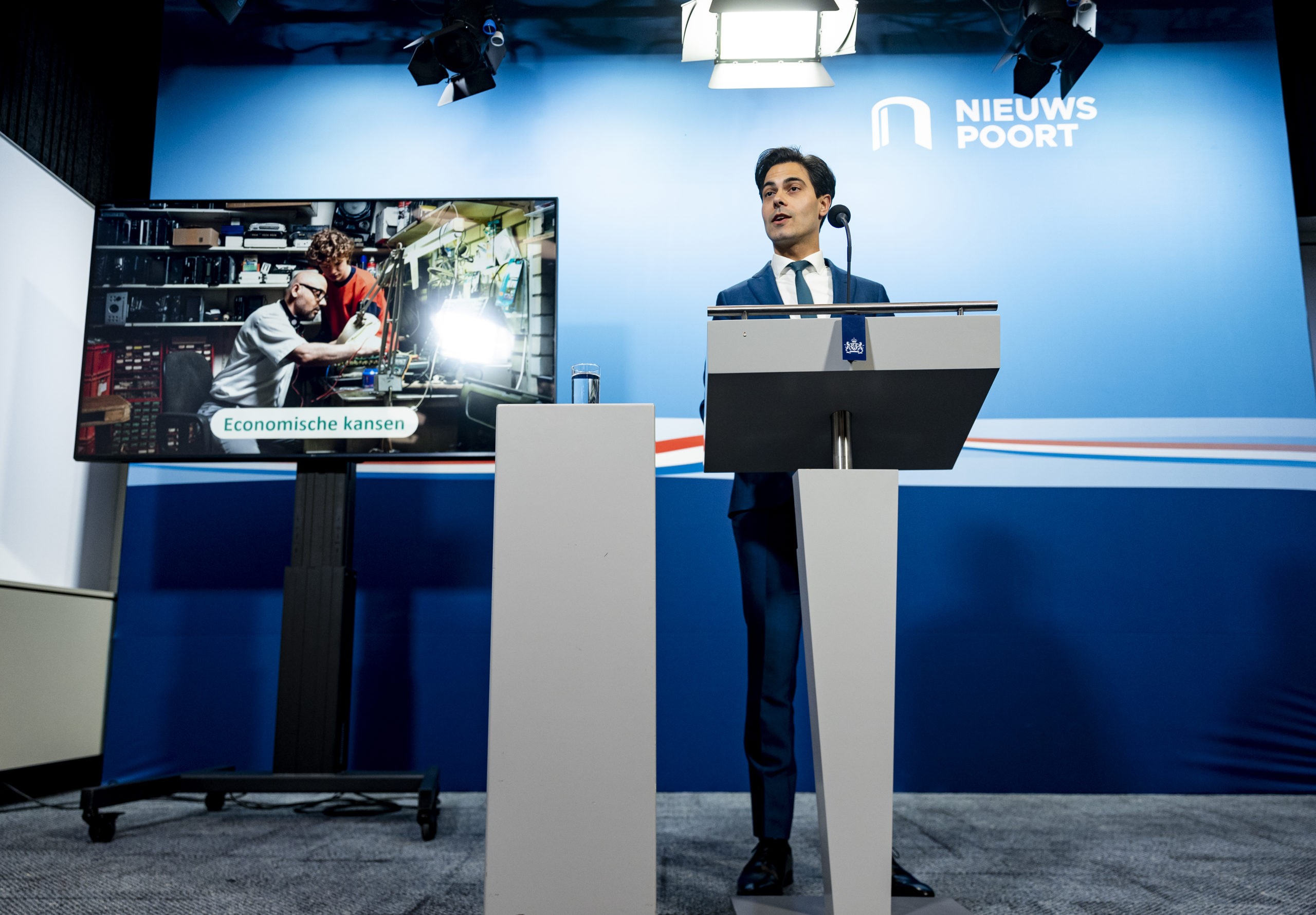
Dutch €28 billion climate plan subsidizes new EVs less and second-hand more

Dutch Climate and Energy Minister, Rob Jetten, explains his new climate plan /ANP-Belga
On Wednesday, the Dutch government unveiled a €28 billion climate plan to reduce CO2 emissions by 55% (or even 60%) by 2030. The plan incl


Comments
Ready to join the conversation?
You must be an active subscriber to leave a comment.
Subscribe Today